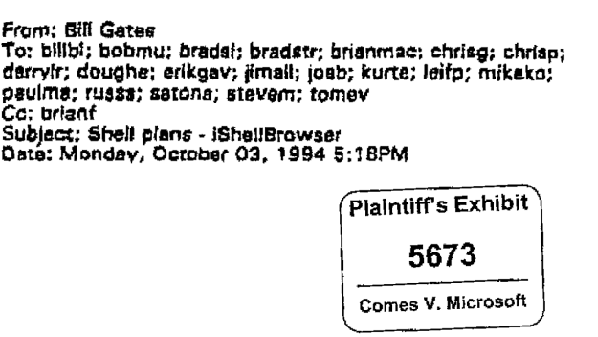aNewDomain.net –– Facebook Graph Search, a tool advertisers and all other privacy invaders welcome, is all over the news. As YATS Community member and our senior editor +Michael Olsen says, Facebook Graph Search will either be wildly popular — or an utter fiasco.
I hope Facebook Graph Search turns out to be a fiasco. Not because of the privacy issues, but because Facebook is too much of a walled garden and it has too many users.
And that brings us to another story. It turns out Facebook is also in the news for reportedly cutting off messaging competitor Voxer’s access to its Find Friends data. Until now, about 30 percent of Voxer’s new users used Find Friends to quickly find people to chat with. It also turns out Voxer recently received a lot of venture capital financing. So its pumps are primed.
Facebook’s strategy? Looks like the point is to provide a development platform and encourage others to build applications that enhance the reach and value of Facebook – a self-feeding and looped symbiotic relationship. But if the application catches on and Facebook decides to duplicate it, Facebook just cuts the original service off — zapping the hand that fed it.
That sure sounds familiar. In the early 1990s, WordPerfect was the dominant personal computer word processing program and Microsoft’s MS-DOS with Windows 3.11 was the dominant operating system it ran on. The following is from an email Bill Gates sent to Microsoft colleagues in 1994:

Gates wrote:
I have decided that we should not publish these [Windows 95 user interface] extensions. We should wait until we have a way to do a high level of integration that will be harder for likes of Notes, WordPerfect to achieve, and which will give Office a real advantage.” … “We can’t compete with Lotus and WordPerfect/Novell without this.
In retrospect, Gates was wrong. MS Word, with its GUI heritage from the Xerox Palo Alto Research Center, would have eaten WordPerfect’s lunch regardless — a message I delivered in the mid-1980s. That was when I was working as a consultant to WordStar, the dominant word processor before the age of WordPerfect.
Microsoft repeated the same pattern with email, Web browsers and utility software.
You might say that Microsoft and Facebook have no obligation to offer an open platform to their competitors and that folks who build a business that depends upon another company do so at their own risk. And you would be right if there were competition for the dominant platforms. There isn’t. Not really. Facebook got its social graph data in exchange for offering a free service that nearly a billion people use. The individual Facebook customers are happy. Facebook the public company is happy. But the Internet as a whole suffers as a result.
We have a tragedy of the commons. Each individual user is better off for the exchange, but is the sum of those exchanges good for competition? For consumers collectively? For the economy? What sort of trajectory does it put the Internet on – toward a few big companies that control it all?
The Internet got to be what it is with clean interfaces, standards, cooperation and specialization — “do what you do best and link to the rest.”
We need an economics and market system that discourages tragedies of the commons. Collectively, we will be better off if the Net is able to route around walled gardens.
If you really want to geek out the Microsoft precedent and the history there, check out the Groklaw archive on Gates’ deposition.













Deep dive, Larry
Amazing stuff. reminds me a lot of the old BYTE